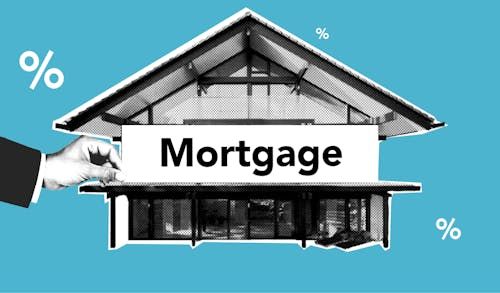If you’re thinking about investing in real estate outside Kenya, you might be wondering how to finance your project.
As someone who has navigated this journey, I want to share some helpful tips that can make the process easier and more successful.
Let’s dive into some strategies that will help you finance your dream project.
Challenges Faced by Non-Citizens

Investing in real estate as a non-citizen can come with challenges. For example, getting a mortgage can be tough.
Many banks might ask for a high down payment, which can feel overwhelming. Plus, the house interests and house insurance rates can be really high, making it harder to invest.
But don’t worry; there are ways to work around these challenges.
Financing Strategies
Have Cash at Hand

One of the best things you can do is to have cash flow ready. When you have money available, you can quickly seize the opportunity to buy a property.
Before you invest, do your property research to find the best options. Once you find the right property, ensure all official transactions are documented, and keep all property documents safe.
This way, if anything goes wrong, you have everything in place to get your money back.
Access Developer Financing

Another great option is to look into developer financing. This type of financing offers loans that are easier to manage.
You can often find affordable terms that don’t include high house interests. For instance, you might be able to pay for the property in installments, like 20% upfront, then 40%, and another 40% later.
This approach can help you avoid the stress of high-interest rates and extra costs.
Understanding Tax Implications

Before you invest, it’s important to know about tax implications. Consulting qualified property tax personnel can help you understand the local laws and regulations.
Every country has different government laws, and it’s crucial to be aware of any taxes you may need to pay. This way, you can avoid surprises later on.
Conducting Thorough Research

Conducting thorough investment research is key. Understand the local real estate dynamics and what the market looks like.
This means looking at market analysis and property appraisal methods. You want to make sure that your investment is sound and that the property will hold its value.
Legal Considerations

Don’t forget about the legal side of things. Working with local real estate advisors can make a big difference.
They can help you navigate all the legal considerations for owning property in another country.
This support can give you peace of mind as you move forward.
Diversification and Networking

Investing in a foreign country also offers great opportunities for diversification. You can meet new people and connect with other investors, which can help expand your network.
The exposure you gain can open your eyes to new ideas and investment strategies. In addition, it can be exciting to explore different markets!



